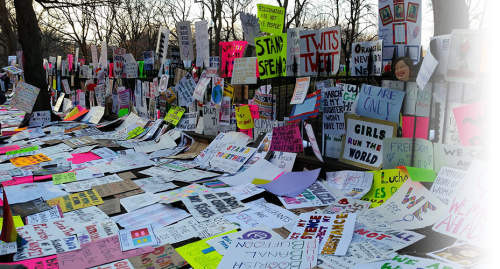ARTICLE 19’s newly published report is a three-part series on Queer Resistance to Digital Oppression in the Middle East and North Africa (MENA). It is based on the experiences of more than five thousand LGBTQI+ people from Algeria, Egypt, Iran, Jordan, Lebanon, Morocco, Sudan, and Tunisia. The research, conducted in cooperation with The De|Center and local experts, tackles two overarching questions: How do the authorities in the MENA region weaponize technology – from messaging and dating apps to social media – to target the LGBTQI+ community? And how can tech companies help protect the community and other marginalized groups? Part I of the report reviews the regional context, pointing to the laws that have enabled the oppression. Part II includes the findings from interviews, surveys, and focus groups and analyzes the “harrowing evidence of tech-enabled police and state violence against the LGBTQ community.” Part III lists recommendations for tech companies, outlining concrete ways through which the companies can fulfill their human rights obligations.

